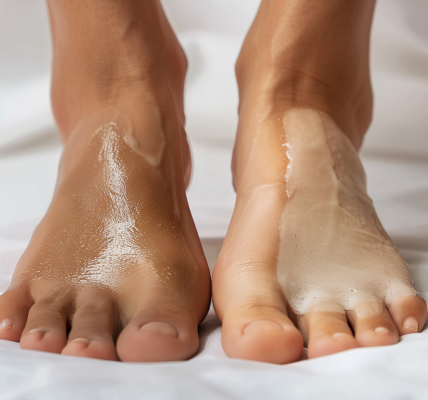Walking is a simple yet powerful activity that brings a myriad of physical and mental benefits, which is why people often make it their routine.
Although it is one of the most accessible exercises, if you consider incorporating breath work the next time you’re getting your steps in you will reap added benefits along the way, according to Michael Fredericson, a professor of physical medicine and rehabilitation at Stanford University.
He suggests that, like elite athletes, everyone can benefit from focusing on their breath, even when doing simple activities like walking, CNN reported.
“We know that breath is extremely important for helping you to relax and helping you to focus,” Fredericson said. “Athletes use that all the time to control the sympathetic response,” referring to the part of the body’s nervous system that responds to stressful situations.
While yoga and tai chi focus on coordinating breath to movement, Fredericson suggests walking can also benefit from this practice, offering numerous benefits.
Breath work
Breath work techniques can range from matching breaths to steps, inhaling and exhaling through the nose, and holding breath for a prescribed number of seconds, but they don’t have to be strictly regimented, according to Fredericson.
Fredericson further suggests connecting movement with breath to stimulate the parasympathetic nervous system, which is working to escape a fight or flight response, allowing for increased awareness of surroundings once this is established.
Patrick McKeown, an expert on breathing and sleep, suggests that beginners can start with a simple walk that allows them to sustain nasal breathing.
He advocates for the nasal breathing technique, which involves greater diaphragm recruitment than mouth breathing, and provides added spine stability.
While the initial air hunger with nasal breathing during exercise is stronger than with mouth breathing, in a few short weeks it should be easier to sustain nasal breathing, McKeown said.
Breathing work, a technique that can enhance the function of breathing muscles, can be particularly beneficial for athletes and distance walkers, according to Daniel H. Craighead, an assistant research professor at the University of Colorado Boulder.
Breathwork is safe, but it’s important to consult a doctor about your medical history if you’re new to it, and other types of breathwork beyond walking.





